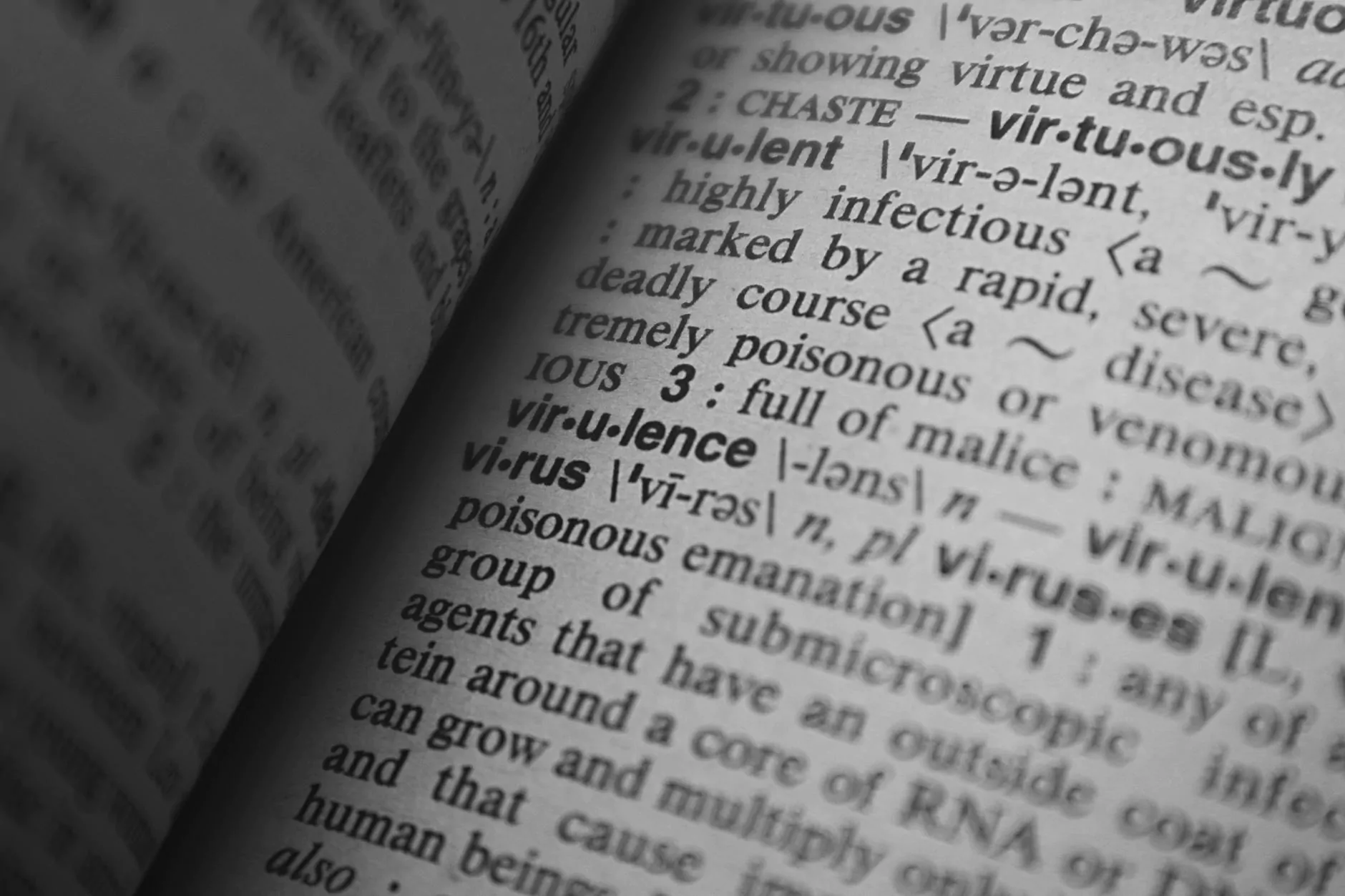568 - Irregular Participle Adjectives
English Grammar Lessons
The Power of Irregular Participle Adjectives
Irregular participle adjectives are a versatile and impactful group of words that add depth and richness to your writing. Understanding how to use these adjectives effectively can take your communication skills to the next level. In this comprehensive guide, we will dive deep into the world of irregular participle adjectives, exploring their usage, examples, and providing invaluable tips to help you master this linguistic treasure trove.
What are Irregular Participle Adjectives?
Irregular participle adjectives are adjectives derived from irregular verbs. Unlike regular adjectives formed by adding a standard suffix such as -ed or -ing, irregular participle adjectives have unique forms. These adjectives convey specific meanings and often evoke strong emotions, making them particularly powerful in written and spoken language.
Examples of Irregular Participle Adjectives
Irregular participle adjectives can be found in various contexts, from literature and poetry to everyday conversations. Below, we provide a list of common irregular participle adjectives and showcase them in sentences:
- Broken - His broken dreams haunted him throughout his life, reminding him of what could have been.
- Forgotten - In the attic, she discovered a box of forgotten treasures from her childhood.
- Lost - The lost traveler wandered aimlessly through the dense forest, desperately searching for a way back.
- Torn - The torn pages of the old book revealed glimpses of a forgotten world.
- Stolen - The stolen jewels were hidden in a secret compartment, waiting to be found.
Usage Tips for Irregular Participle Adjectives
While irregular participle adjectives can enhance your writing, they must be used appropriately to maintain clarity and coherence. Here are some tips to consider:
1. Contextual Relevance
Make sure the irregular participle adjective is relevant to the context and conveys the intended meaning. A powerful adjective can make your message more impactful, but it must fit the overall narrative.
2. Consistency
When using irregular participle adjectives, maintain consistency in tone and style throughout your writing. This ensures coherence and prevents confusion for your readers.
3. Evocative Imagery
Harness the evocative power of irregular participle adjectives to create vivid imagery. By carefully selecting the right adjective, you can transport your readers to a specific time, place, or emotional state.
Final Thoughts
Irregular participle adjectives are invaluable tools for any writer or speaker looking to add depth, impact, and emotion to their communication. By mastering the usage of these adjectives, you can craft compelling narratives, evoke strong emotions, and leave a lasting impression on your audience. Remember, practice makes perfect! So, start incorporating irregular participle adjectives into your writing and watch your words come alive.




